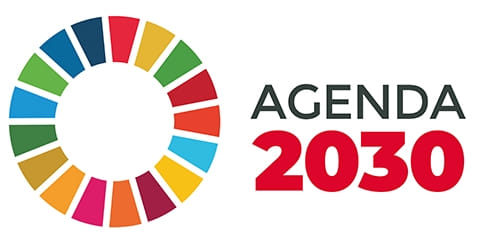The relentless increase in global debt is an enormous problem for the economy. Public deficits are neither reserves for the private sector nor a tool for growth. Bloated public debt is a burden on the economy, making productivity stall, raising taxes, and crowding out financing for the private sector. With each passing year, the global debt figure climbs higher, the burdens grow heavier, and the risks loom larger. The world’s financial markets ignored the record-breaking increase in global debt levels to a staggering $313 trillion in 2023, which marked yet another worrying milestone.
In the Congressional Budget Office (CBO) projections, the United States deficit will fluctuate over the next four years, averaging an insane 5.8 percent of GDP without even considering a recession. By 2033, they still expect a 6.9 percent GDP budget hole. Unsurprisingly, the economy, even using optimistic scenarios, stalls and will show a level of real GDP growth of 1.8% between 2028 and 2033, 33% less than the 2026–2027 period, which is already 25% lower than the historical average.
Continue reading Record Global Debt: A Ticking Time Bomb for the World Economy